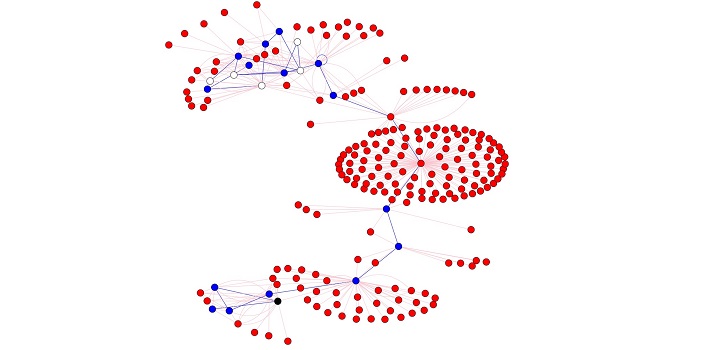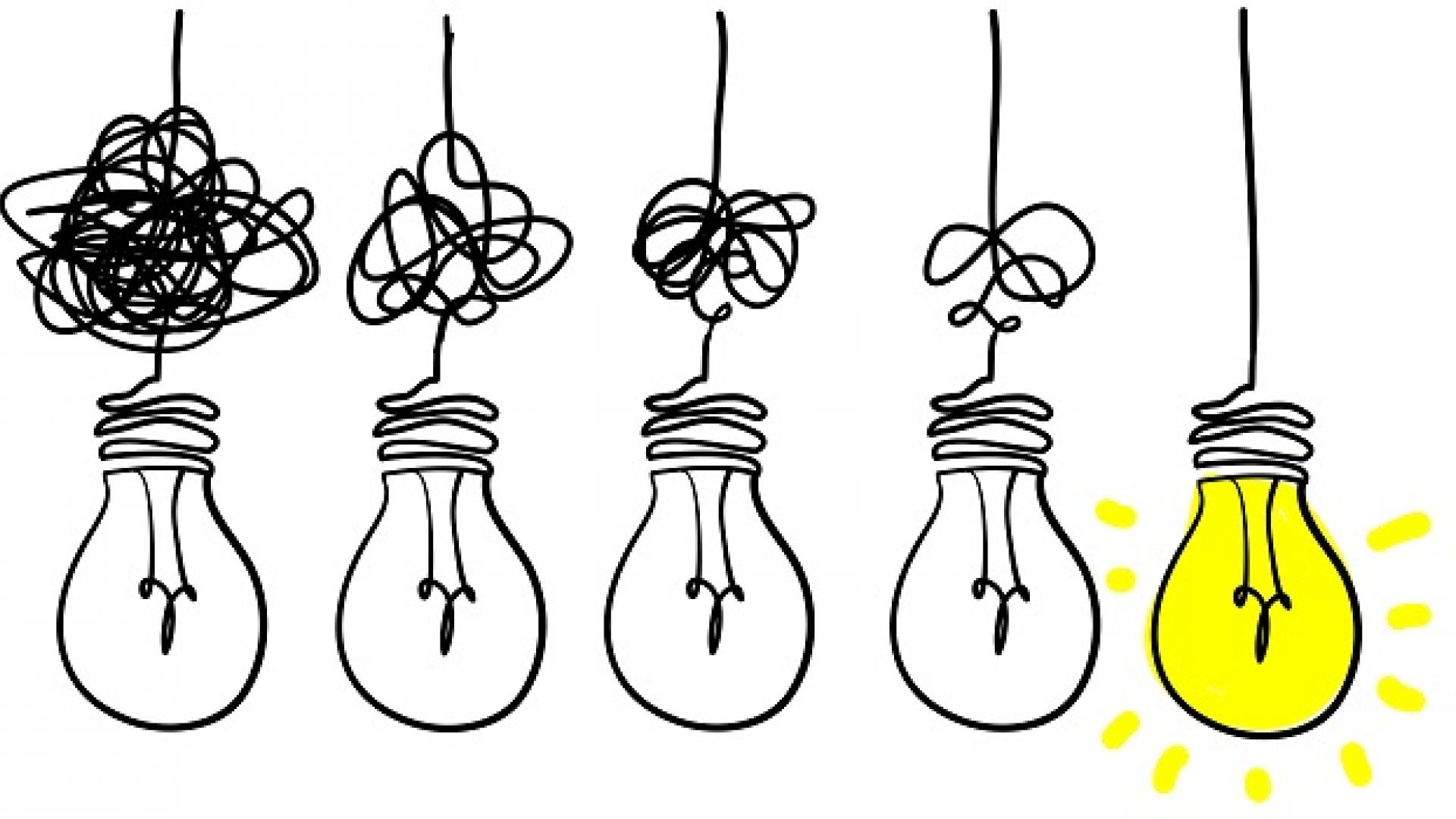© Getty images/ Devita ayu Silvianingtyas
A classification algorithm for relational data that is more accurate, as well as orders of magnitude more efficient than previous schemes, has been developed through a research collaboration between KAUST and Nortonlifelock Research Group in France.
The new algorithm, which uses an approach called reinforcement learning, demonstrates the power of machining learning techniques in even tried-and-true tasks like classifying relational data.
One of the most common classes of data is relational data, where discrete data points or nodes are connected in some way to others. A social network is a good example, where each user is connected by friend relationships to others, and also by shared interests, geography, or other traits or labels.
Classifying relational data involves a search agent taking an exploratory "walk" following the connections among nodes. A simple agent does this randomly, but such an approach is wildly inefficient and computationally intensive; it can also result in suboptimal classification accuracy if the agent finds itself in a relational cul-de-sac.
Uchenna Akujuobi, in collaboration with KAUST colleagues, and Han Yufei from Nortonlifelock, has now successfully developed a more robust approach by introducing machine learning techniques.

“Most real-world relational data can be put in a graph-structured format comprising data nodes connected by edges denoting the relationships,” explains Akujuobi. “We set out to build a graph-based classification model that trains the agent using a reinforcement method in order to achieve a better classification result.”
Read the full article


